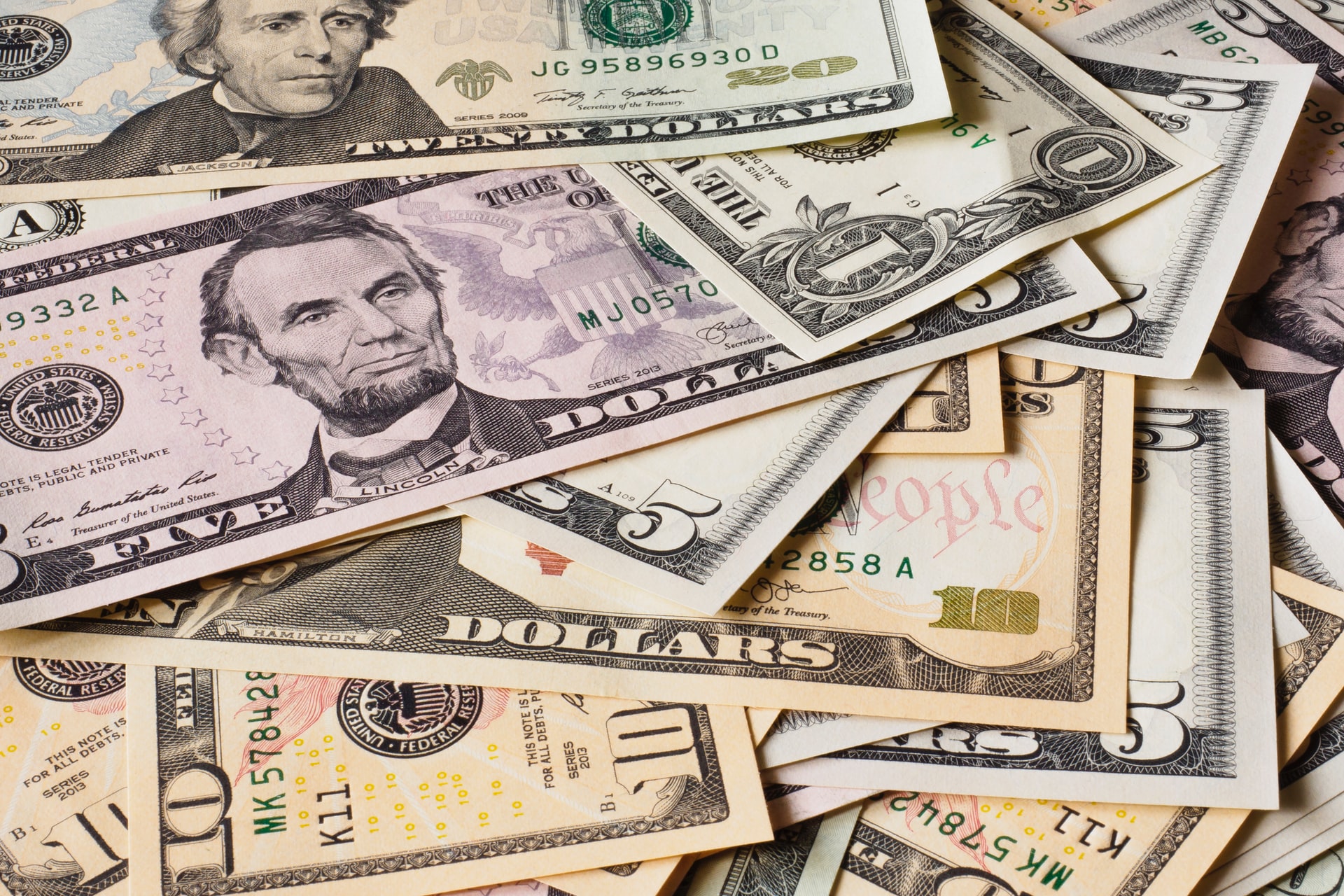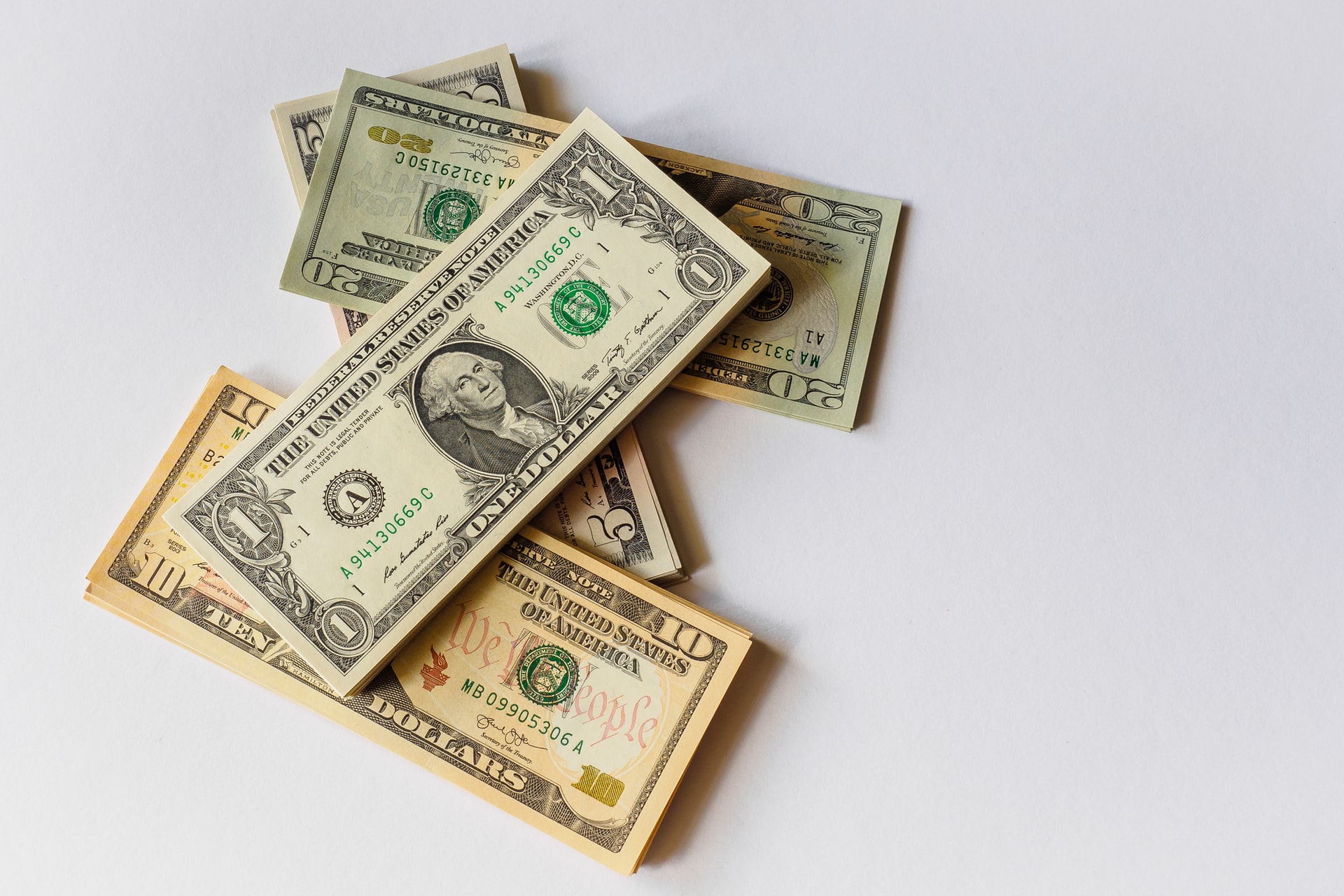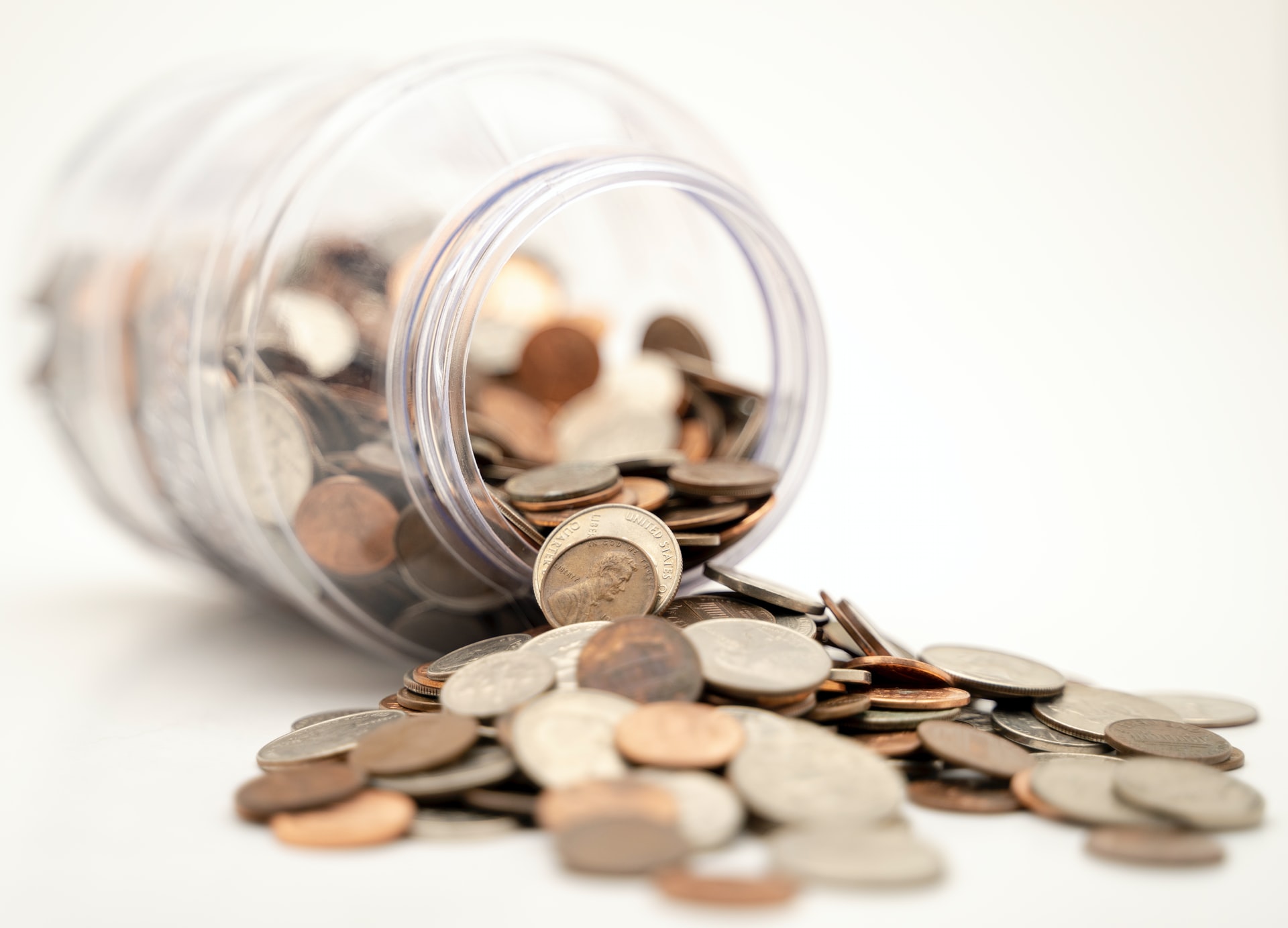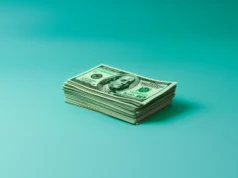The pandemic hit hard financially many people, but few could save even if the coronavirus lockdown punched them in the pocketbook. The lockdown allowed them to cut some expenses and save money. Young professionals and students had to move back to their parents’ houses to isolate themselves with their families, and they cut expensive costs like rent. The forced lifestyle influenced saving habits and got their financials in shape. Because they’re no longer going out and spending money on entertainment, they are saving. There’s no gym subscription, no gas, and no cinema tickets to pay.
Finance experts state that a large portion of people, who were able to work from home and keep their jobs, built up their savings, and are changing the way their life moves from this point on.
People who want to set money aside should adopt some habits that can make a big difference in the long run.
Make your own discounts

Because people were facing uncertainty during the pandemic, they looked for discounts to save money. But when buying discounted goods, it’s easy to overspend without realizing it. Finance experts state that people shouldn’t wait for companies to offer deals; they should create their own for the services they use. They can cut costs by reaching their cable and internet providers and asking for a better deal.
They can also look at other areas to save too by negotiating with the providers. Another way to save money is to use coupons. Registering on a platform that offers Dicks Sporting Goods coupons and other promo codes can help to build savings.
Turn savings into a game

This is the perfect time to make a list of the things you can do to save for an emergency fund. Set a timer for 10 minutes, and find 20 ideas that can help you put money aside for the future. The object is to come up with a large volume of ideas, so gather your entire family and brainstorm. You don’t have to commit to all the things on the list, pick a couple, and forget the rest. Come back to the list every time you need to save extra cash.
Picture a more grateful self in the future

Try to cast yourself in the future. What thing do you want most in the future that is worth saving now? It can be an exotic trip, your children’s education, a new couch, or a safety net in case you deal with job loss or medical problems. The best way to reach your saving goals is to imagine the reason why you do it and hold it in your mind.
The emotion is the one that wires the saving habit, and the stronger your emotions are, the faster your behavior will adhere to it. It’s a simple strategy that can boost your confidence and help you stay in your plan.
Don’t buy things, invest

When locked inside the house, you buy fewer beauty products, clothes, makeup, accessories, or other things you splurge on when you could leave your home. But now there’s no reason to buy them. Why would you need new clothes when you’re not leaving the house? And it’s not just you who don’t buy new things; it’s everyone. Small brands are in trouble and heading to bankruptcy due to a lack of customers, and large brands like Victoria’s Secret and Macy are struggling to pay their employees.
Finance experts have predicted a retail apocalypse at the beginning of the pandemic, and signs show that it’s getting closer. Anne Helen Peterson, a BuzzFeed writer, has explored the idea that people are buying things just for the sake of spending money, and they don’t need half of the goods and services they buy monthly. The pandemic seems to have upended their habit of purchasing things they don’t need.
They are investing instead. They’re looking for things that have lifelong effects. Instead of shoes, makeup, and beauty products, they buy cookbooks and kits to learn to do things independently.
Have you realized that you don’t need all the services you’re paying for? You can go for months without dying or cutting your hair, hitting the gym, buying a new pair of sneakers, or drinking a Starbucks coffee in the morning.
To be clear, we don’t subscribe to skipping the Starbucks coffee theory of saving money that supposedly will get you rich overnight. But overhauling several habits for a long time can simplify your life and add more money to your emergency fund.
Plan to work remotely for the long term

For small ventures to corporations, companies worldwide tell their employees to get accustomed to working home, because they’ll work remotely for months. Some even plan to shut down their premises and ask their employees to stay at home.
Companies have now understood their employees can be effective and efficient from their home office (despite the extraordinary conditions the pandemic brought, like pets running around the house, low-speed internet services).
But if your employer decides to reopen their offices and ask you to come back to work, you can use the recent experience to negotiate at least a partial work-from-home agreement if they don’t accept remotely work. In the long term, it can save you pretty much money because you’d no longer pay for food, business-casual clothes, commuting, and other similar expenses.
Also, if you’re company commits to long-term remote work, you can move from an expensive city to a more affordable one, or even back to your parents’ house. Working from home allows you to decide where you live, so if you always loved to reside at the seaside, this may be the moment to relocate.
The worldwide pandemic is a tough situation you have to face, but you can navigate it, and with a little bit of help, you can even save money you can use to achieve your future goals.









